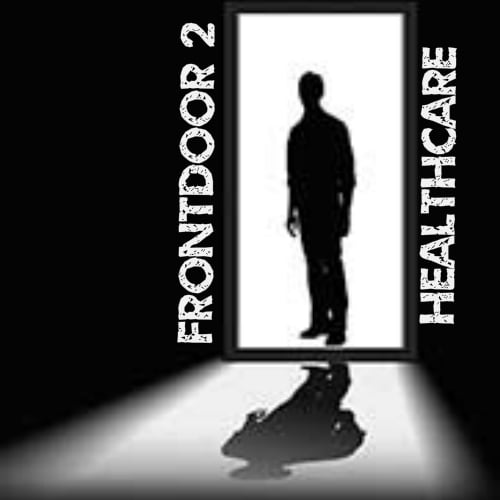This Counterpoint is an open letter that was written in response to a recent Globe & Mail opinion (Think medical school is for you? You’re probably wrong) which took a pessimistic perspective on the pursuit of medicine as a career. This is the third in a series of replies written by the BoringEM team that will feature the perspective of a physician at a different stage of their medical career. This piece contains the reflections of an attending physician, Heather Murray (BoringEM Advisory Board Member), who graduated from medical school more than two decades ago. Please join in this conversation by tweeting with us using the hashtag #DearPreMed. Part 1 and 2 of the BoringEM #DearPreMed series are available here and here.
Dear Aspiring Medical Student,
As a medical educator at a Canadian university and practicing emergency physician with more than 20 years of experience, I’d like to encourage you on your journey towards medical school. It’s challenging to get in and you are probably working diligently towards your goal.
Good luck – medicine can be an amazing career.
I want to address some of the advice you got from a recently published article – an article that suggested money, prestige and security were the primary motivators for entering medicine. The author of that article suggested that many people who say they want to “help people” in their interviews are lying… that these aspiring students are merely parroting what they think they are supposed to say.
You know what?
Over a quarter of a century ago, I said those same words in an interview. I wasn’t lying. I may have had many naïve assumptions about medicine but that one was actually correct.
As an emergency physician, I work in a job where I help people every day. Sometimes I offer comfort and support, while some days I intervene in critical illnesses. As clichéd as it may sound, I actually do save lives.
You were told that medicine is an “easy choice,” but I am here to tell you that it is not. Stress and burnout? That part is true. But it doesn’t happen because people have chosen medicine “for the wrong reasons” or because they are experiencing personal failure for the first time. It happens because helping people as a physician is difficult – there is a lot of information to learn and understand, and often decisions have to be made when you aren’t exactly sure what to do. This is real life, raw and unfiltered, and it’s both a privilege and a challenge to participate. You will make mistakes, and you will worry about patients. You will watch people suffer, or die, or get better. You will lie awake reliving awful moments and wonder what you could have done differently. You will get to know people during the most stressful experiences of their lives, and they may remember you forever. Many doctors at some point in their careers have trouble managing those high expectations. But most of us, somehow, learn how to cope.
When I was training, the medical profession wasn’t very good at talking about these issues. I had to learn resilience on the job. Things have changed now, though. Today medical education contains a lot of support to help medical students weather the challenges of training. We mentor and guide students who are experiencing stress, fatigue, or burnout. We encourage the kinds of open dialogue about these problems that would have helped me as a trainee. Don’t get me wrong, I’m not saying that stress and burnout aren’t a problem. But we are making progress in being open and honest about the toll that caregiving can take. We are learning as a profession about how best to cope with these pressures and how to support each other. I have high hopes that your generation will continue this trend. Who knows? Maybe you will become a leader in that aspect of medicine.
You read that medical students, unlike graduate trainees in other professions, “do not have the solace of doing what they love.” That is completely untrue. Every day I help students refine their skills or learn something they didn’t know the previous day. Just one look at the face of a student who has picked up a subtle diagnosis, or successfully reduced a fracture will convince even the most hardened observer that these students love what they are doing.
Want to make a medical student happy? Show them how they helped someone by themselves, with their hard earned knowledge or a heavily practiced skill. You won’t see a happier face anywhere.
Let me conclude by wishing you the best of luck with your interviews. We are looking for bright and motivated students, but we are also looking for students who can see beyond shallow stereotypes and uncover the unique aspects of the patients they will see. You may find, as I have, that the author of the article has a lot to learn about medicine.
Heather Murray, MD, MSc, FRCPC
Associate Professor,
Department of Emergency Medicine
Department of Public Health Sciences,
Queen’s University
This part 3 of the #DearPreMed Series by BoringEM.
Edited by Teresa Chan (@TChanMD), Brent Thoma (@Brent_Thoma), and Eve Purdy (@purdy_eve)



